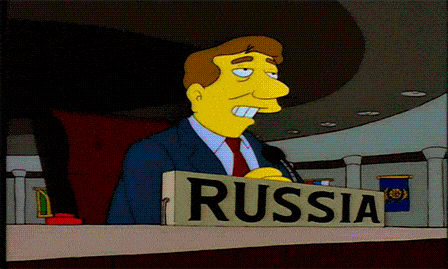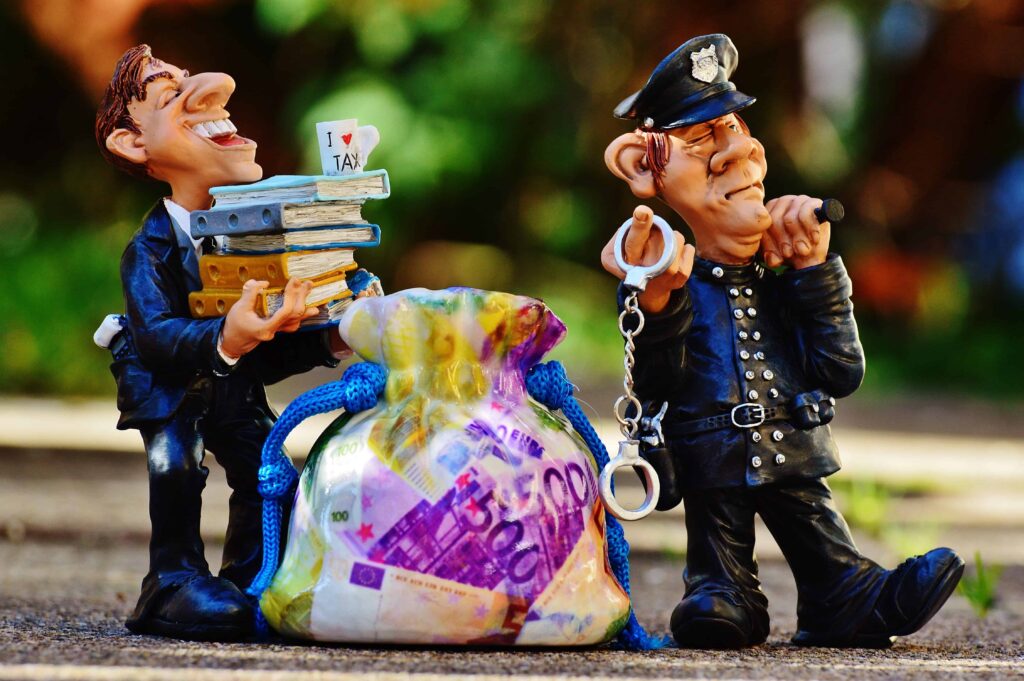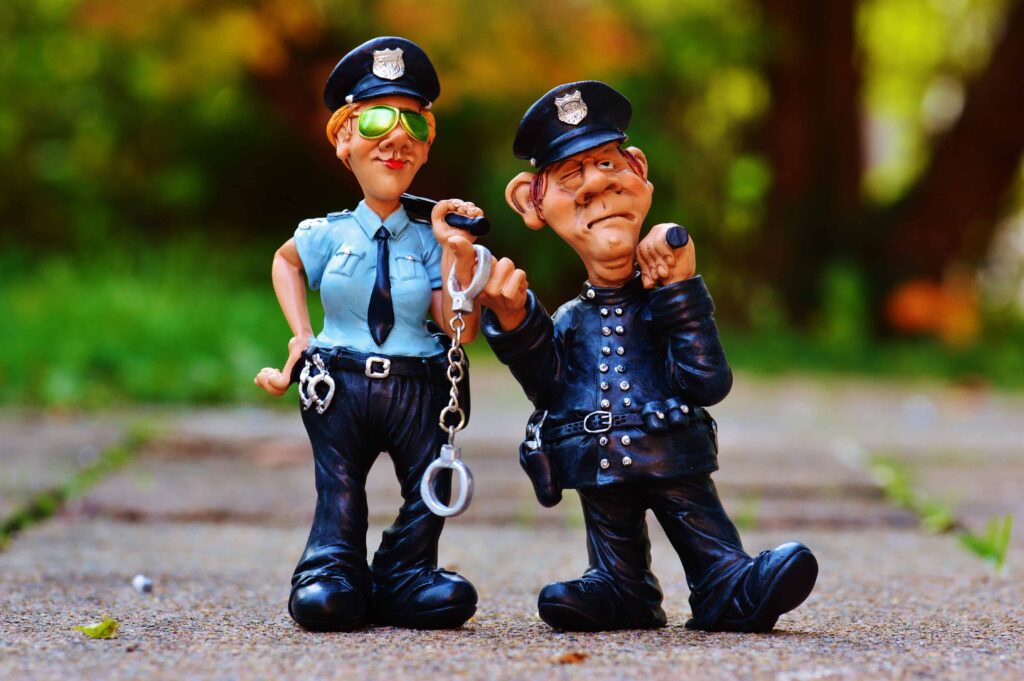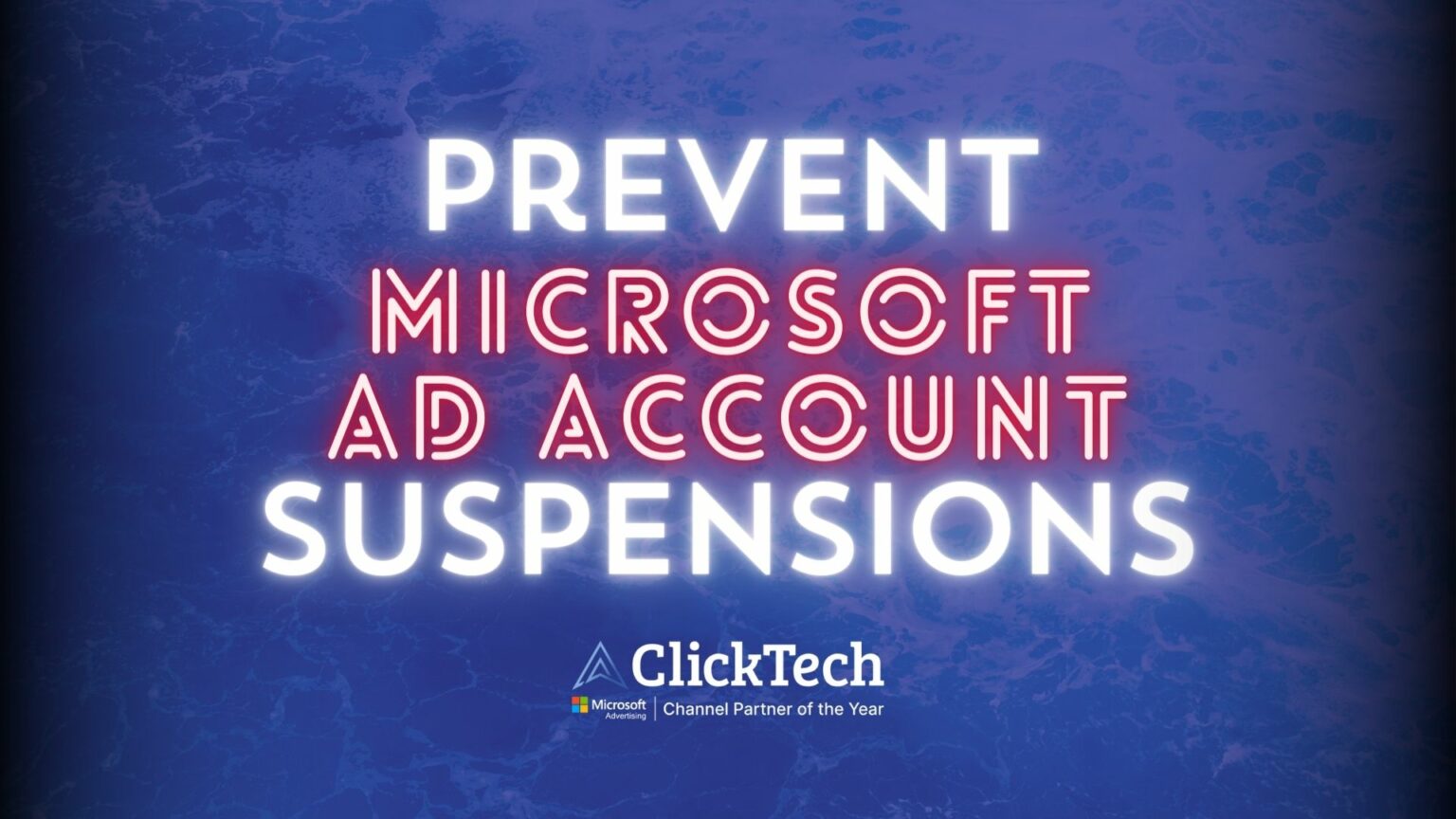
Is Facebook Russian to Cover Their Tracks?


While the Russia Collusion story seems to be fizzling out a bit, there’s another story now brewing that has to do with an increase in ads from a company called "The Internet Research Agency". Despite the name of the organization, this group has very little to do with “research”, and more to do with persuading gullible Facebook users with political propaganda. More recently, The Internet Research Agency has been traced back to Russia. Well, it turns out they’ve run more than 3,000 ad campaigns in just the last two years!

The problem with the Internet Research Agency is the ads being run by the organization are mostly from unauthenticated accounts. More recently, as the investigation has moved forward, the ads have actually been traced back to Russia and unfortunately, without any further details as to what individuals are behind them, the ads discovered blatantly violated Facebook’s policies. Now the company would like to educate the public on how the Russia Collusion possibly affected the elections in the US political system and what they’re going to do about it going forward.
While there have been some preventive measures set into place, Facebook now knows that more action needs to be taken. “These ads do not value the mission of Facebook nor are they in line with what we stand for.” – Said CEO of Facebook, Mark Zuckerberg. “We set aside new guidelines and rules to follow, and there must be controls put in place in order to eliminate this problem for good.”

Zuckerberg made several points in his post on Facebook on September 21, 2017. In essence, he reinforced Facebook’s dedication towards allowing open dialogue and embracing democratic values. He made 9 main points which are intended to limit government intervention in the election process. Not just in the United States, but also upcoming elections in Germany and the rest of the world.
Zuckerberg proposed that all advertisements not only display the page behind the ad, but also will show all of their other current ads targeted at other audiences.
Below, you’ll find a summary of what Facebook has set in action already (step 1). Followed by steps 2 and 3 and other procedures which further restrict content allowed on Facebook.
Make All Advertisements on Facebook More Transparent
In an ideal world, people would be upfront and honest about who they are and what their intentions are. Unfortunately, that’s just not reality. Facebook has been trying to be as transparent as possible with their advertisement (which is why they display the page name along with the ad) in order to curb this problem. Additionally, they made it even easier for people to report inappropriate content or ads from unverified sources.
Increasing the Patrol of Improper Ads
While enforcement isn’t always perfect, as there are hundreds of thousands of ads that run on Facebook each day, quality control practices are being set into place to limit the amount of false information being spread. Facebook has invested both in automated methods of catching improper ads. And, they’re also adding over 1,000 new reviewers to their global ads committee to improve their quality control efforts. These two actions should substantially decrease any improper ads from ever reaching your news feed, and that is great news for advertisers!
Restricting the Content of the Advertisements
All Facebook users and advertisers are held to our Community Guidelines and Standards. Part of our standard is limiting violence and banning all forms of shocking advertisements, threatening content and the sale of weapons. But it does not end there. The company is now also working hard to limit even subtle expressions of violence that appear in advertisements on Facebook.
Tightening Authenticity Requirements
After allegations of collusion from the Russian government on the U.S. election, Facebook has decided to tighten its documentation requirements in order to run ads related to U.S. elections. What this means is that every advertiser must confirm their business or organization before they can run their ad campaign.
Creating a Proactive Environment With Industry Best Practices
Fighting collusion is something that we all need to work on together. If you see an ad that seems unverified and phony, report it. Facebook would like to extend their efforts to leaders in government and industry worldwide so they can identify and share information on those using the platform to spread ideas outside of Facebook’s guidelines.

While the Russia Collusion allegations have not been verified as of yet, Facebook thought this would be the perfect time to increase their verification practices and prevent further misinformation. Transparency and freedom of thought are some of the most important qualities of a democratic election, and the company is ramping up its efforts to limit unauthorized content and advertisements.
Well, that’s all for now folks. We will keep our eyes peeled for more updates from Facebook and be sure to keep you posted.
Now, it’s your turn…
What do you guys think of these new practices? And, do you think they are good, or bad, for advertisers? Please let us know how you feel in the comments below.





